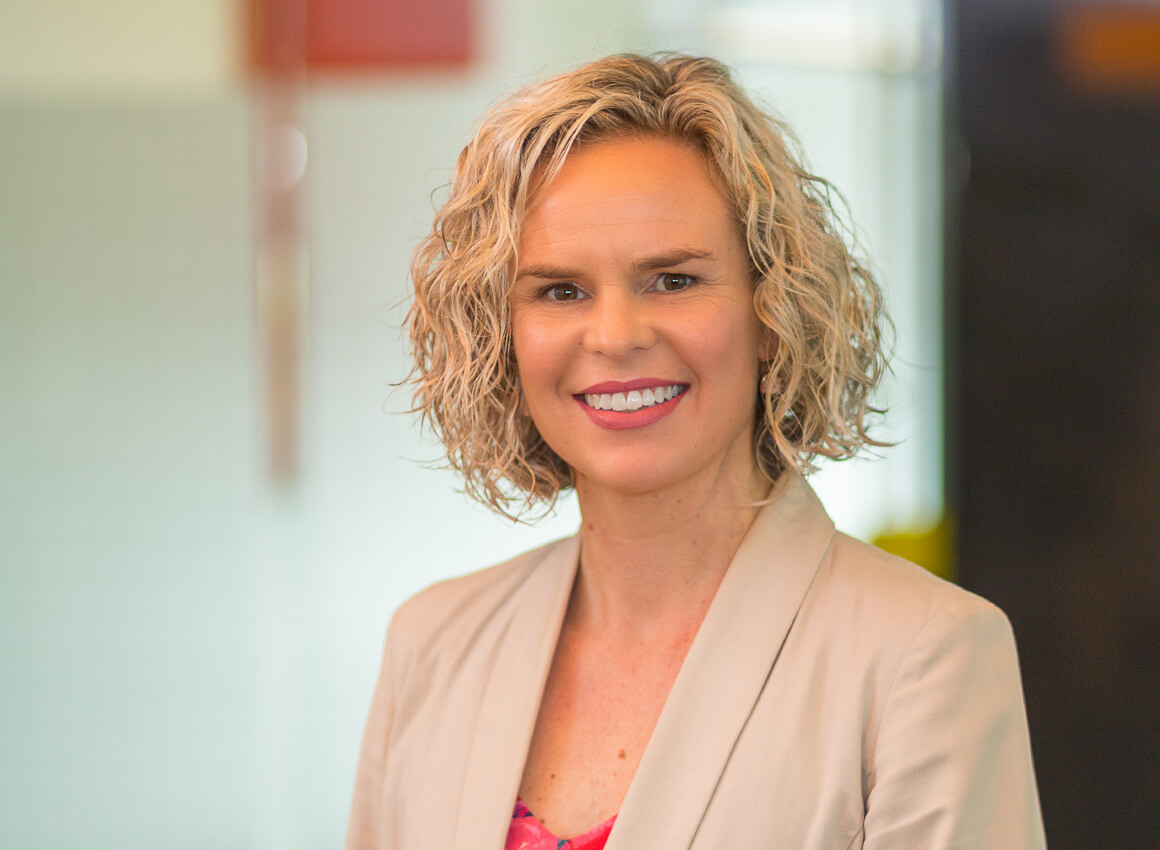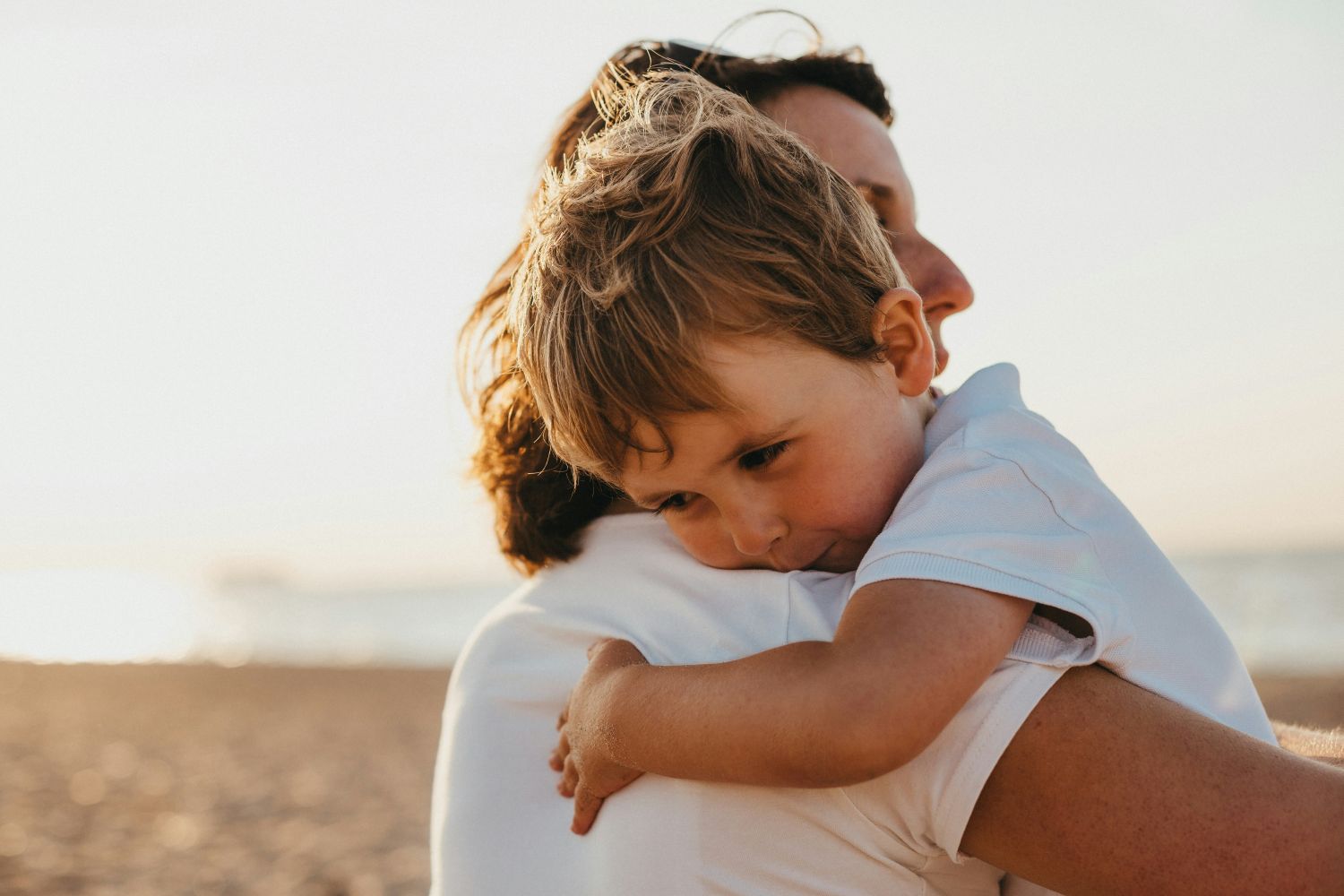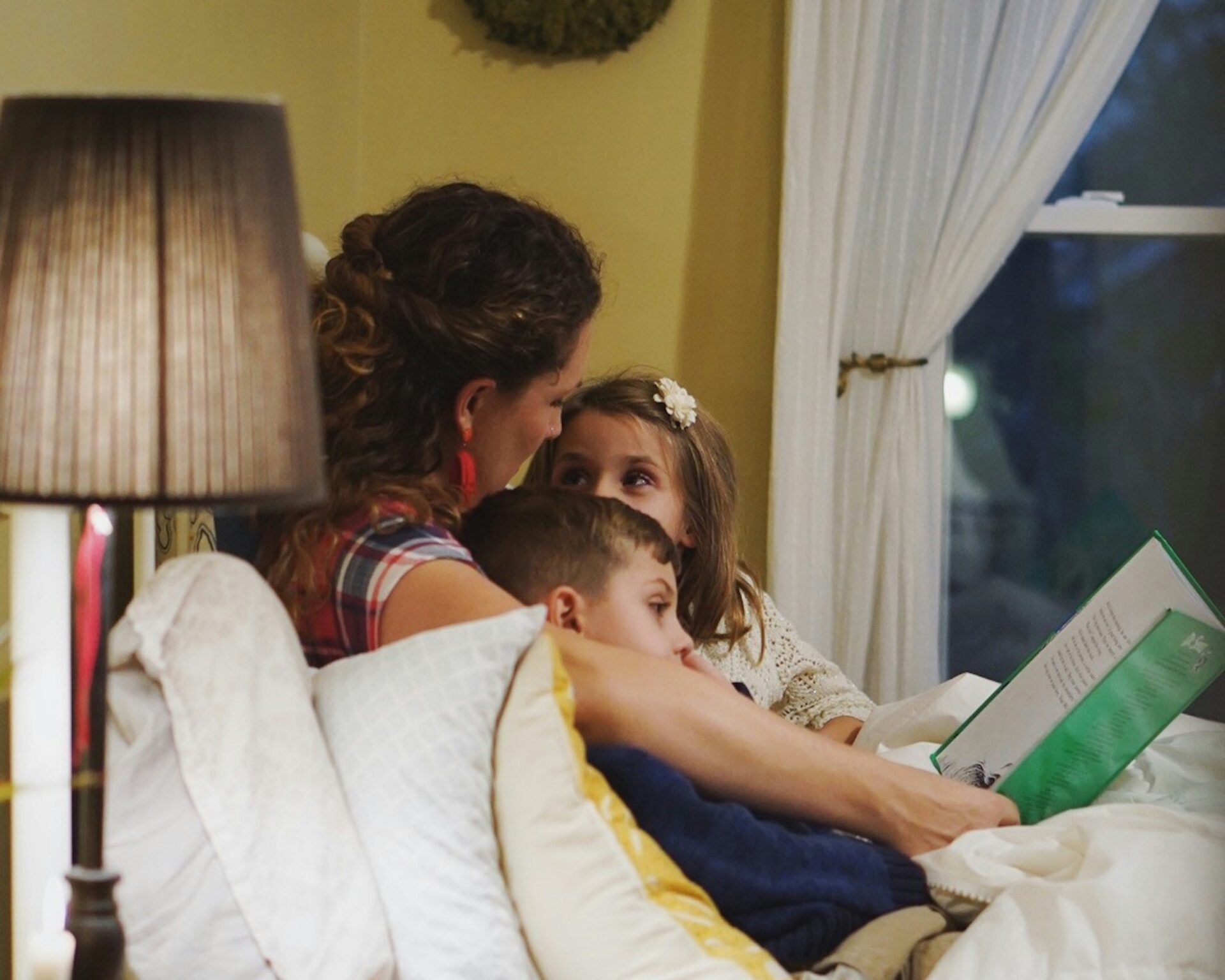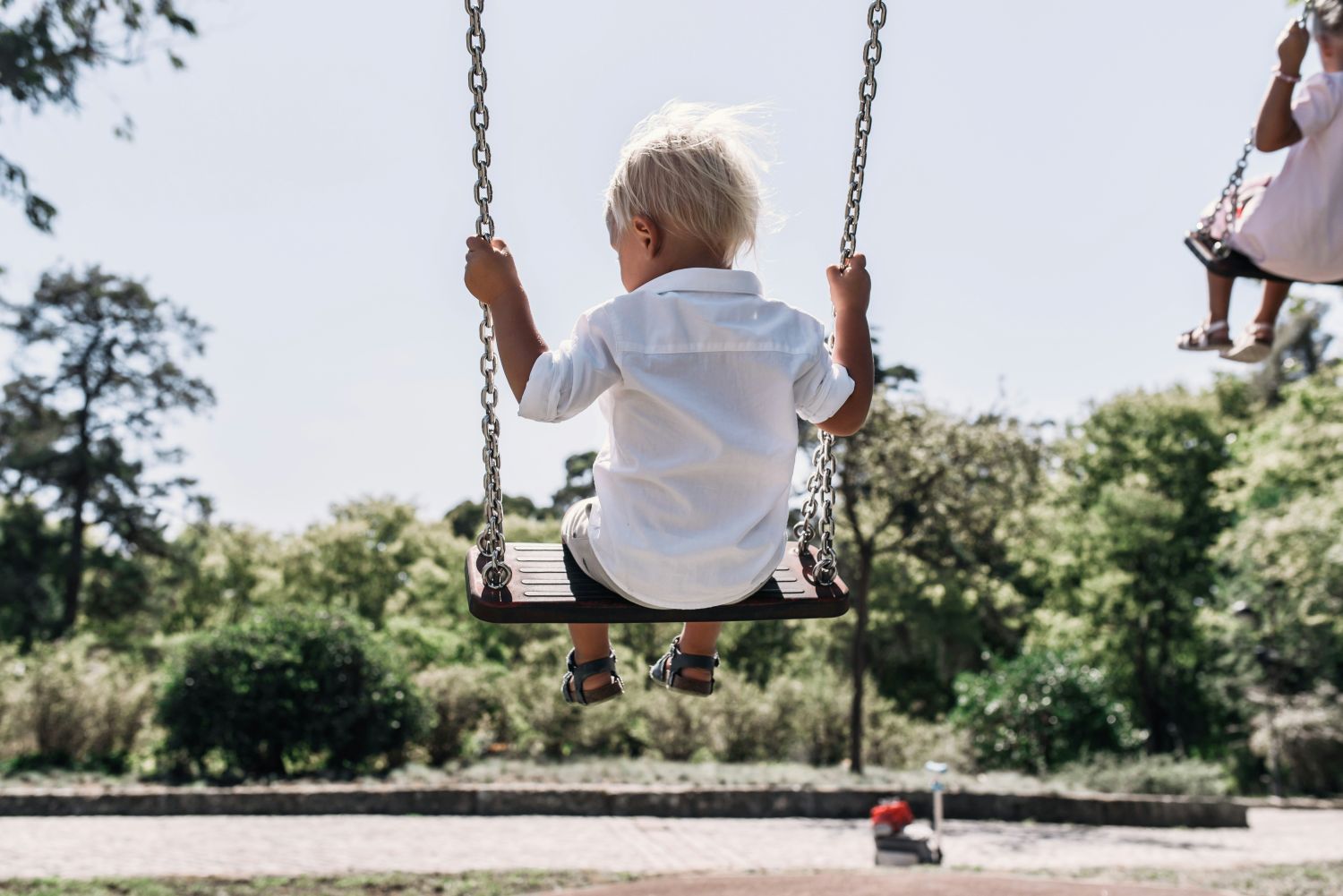On 7 December 2022, the High Court heard urgent arguments regarding a six month old baby (“Baby W”) who was in Starship Hospital and required heart surgery. The parents of Baby W were not consenting to the use of blood from people who had been vaccinated for COVID-19 in Baby W’s surgery, which required the use of donated blood products.
The parents of Baby W wanted only non-vaccinated blood to be used in the surgery – a process called directed blood donation.
Directed blood donations
Directed blood donations are blood donations arranged by an individual, family or group of people for a particular person.
Directed blood donations are not a practice that is supported by the New Zealand Blood Service (“NZBS”) due to there being no evidence that they lead to improved patient care.
It is also thought that directed blood donations can increase the risk of acquiring transfusion associated infections (such as where a donor feels pressured to answer incorrectly to the pre-donation health survey in order to be allowed to donate blood for a specific person).
The NZBS gave evidence in Court that there was no scientific evidence that there was any COVID-19 vaccine-related risk from blood donated by donors who were previously vaccinated with any COVID-19 vaccine approved for use in New Zealand.
Other reasons against directed blood donation in these circumstances (and more widely) include:
- Baby W required rapid access to a full range of blood and plasma products to support the complex heart surgery;
- The introduction of unnecessary complexity into well-established blood collection and processing systems, translating to an increased risk of errors and possibility of inadequate blood product supply for the patient as some products, including those which Baby W was expected to require, are collected using specialised collection techniques from carefully qualified donors and are manufactured using regulated processes. Some products are even manufactured in Australia;
- COVID-19 vaccination (or infection) produces antibodies to the virus. There was no evidence of harm from antibodies to COVID-19 being present in blood and it was unlikely that any products of COVID-19 vaccines can end up in the blood stream. Should any such products have been in the donated blood, there was no evidence of harm from these products.
Directed blood donations are also not recommended by international expert consensus guidelines, including in the United Kingdom, Australia and Canada.
An instance where directed blood donations may be appropriate was said to include where a patient had a rare blood type, where no compatible volunteer donations were available. As discussed, this did not apply to Baby W’s circumstances.
Guardianship
Guardians need to agree on important matters such as whether medical treatment which is not routine in nature should occur. If the guardians cannot agree (for example, one guardian wants a child to be vaccinated and the other does not) then ultimately the Court can be asked to make a determination resolving the dispute between guardians.(for more information on this particular issue, see here). Sometimes parents agree but medical professionals disagree on the course of life saving treatment for a child.
In this case, both parents were not consenting to the use of blood products from people who had received COVID-19 vaccination in completing heart surgery on Baby W but initially agreed that surgery needed to be completed. There were unvaccinated people that were prepared to give a directed blood donation.
The Court has the ability to make an order appointing guardianship of a child under 18 years old to the Court or another named person for a specified period of time. Te Whatu Ora Health New Zealand applied to the Court for an order putting Baby W under the guardianship of the Court, so that the life saving surgery could go ahead using the NZBS available blood products (ie. blood from vaccinated and unvaccinated donors, without differentiation).
The Judge took great care in their decision to acknowledge that the parents of Baby W wanted the best for their child and held genuine concerns, but ultimately agreed with expert evidence that blood donated by people who were vaccinated for COVID-19 was safe for use. The best interests of the child are the paramount consideration for the Court. Using blood from a donor of the parents’ choosing was not an available alternative, and this was not supported by doctors. Therefore, this was not a safe alternative in Baby W’s best interests. Baby W was put under Court guardianship to allow NZBS available blood products to be used for Baby W’s heart surgery effectively overruling the parents’ decision.
The parents then withdrew their consent to the pre-surgery procedures and surgery generally, and the Court issued a further urgent minute widening the guardianship powers to include all necessary pre-surgery procedures and surgery generally.
This is not the first, nor last time that the Court will exercise its powers to appoint the Court as guardian. Other examples of the Court intervening in this way include:
- For the purpose of obtaining a DNA sample to determine paternity of a child when one guardian refuses to consent to the sample being taken;
- Variously where religious beliefs meant that parents would not consent to a blood transfusion which was vital to a child, as well as for kidney or liver transplants which would require blood transfusion as a part of those procedures;
- When a baby’s mother carried hepatitis B but refused to consent to her baby receiving hepatitis B injections to stop them contracting the disease due to religious beliefs;
- When a nine year old’s father would not accept his child’s diagnosis of HIV, despite the child’s mother’s reason for death being recorded in part as caused by HIV. The child had also taken HIV medication for several years prior and there was serious risk to the child if the medication was not continued; and
- When a child’s safety is at serious risk in the care of either or both parents.
Outcome
An order enabling the surgery to proceed using NZBS blood products without delay was made as this was considered to be in the best interests of Baby W in the circumstances.
It should be clarified that the Court intervened to the least extent possible in order to save Baby W’s life. This is a principle that the Court maintains to ensure that parents retain their guardianship rights for their children to the maximum extent possible in the child in questions’ best interests and welfare. The only act that the Court overruled the parents on, was the act of carrying out the surgery and the use of the blood products. Baby W was otherwise to remain under the parent’s guardianship once surgery was completed. The parents were informed at all reasonable times of the nature and progress of Baby W’s condition and treatment.
If you find yourself facing an issue like this, the Family Law team at Holland Beckett Law would be happy to assist you in reaching resolution.
The COVID Healthline is available for 24/7 advice and information in relation to COVID-19, including vaccination, on 0800 358 5453.








